The following is a snap-shot of funding opportunities that have been announced. Please follow the links for more information:
Academy of Medical Sciences
SUSTAIN pilot programme
This programme enables female researchers to thrive in their independent research careers by providing interactive career development workshops, a peer support network and one-to-one mentoring. The programme covers travel to London as well as hotel accommodation and optional childcare support during the first regional workshop.
Maximum award: Unknown
Closing date: 02 Dec 16
British Academy
Conference Program
This supports conferences on subjects in the humanities and social sciences held at the British Academy’s premises in London, UK. Funding covers the costs of administration, catering, preparation of delegate packs and promotional material, and contributes to travel and accommodation costs for speakers, chairs and convenors.
Maximum award: Unknown
Closing date: 24 Feb 17 (recurring)
Economic and Social Research Council
Celebrating impact prize
The Celebrating Impact Prize, now in its fifth year, is an annual opportunity to recognise and reward ESRC-funded researchers and ESRC associates. It celebrates outstanding ESRC research and success in interdisciplinary, collaborative working, partnerships, engagement and knowledge exchange activities that have led to significant impact.
Maximum award: £10,000
Closing date: 01 Dec 16
Wellcome Trust
Research career re-entry fellowships
These fellowships provide postdoctoral scientists with the opportunity to re-establish their scientific careers after a continuous break from research of at least two years. Fellowships are tenable for four years and cover salaries, research expenses, materials and consumables, animals and travel and subsistence.
Maximum award: Unknown
Closing date: 04 May 17
Sir Henry Wellcome postdoctoral fellowships
These fellowships enable newly qualified postdoctoral researchers the opportunity to start independent research careers, working in some of the best research environments in the world. Fellowships provide £250,000 over four years, covering the basic salary determined by the host institution, and research expenses such as materials and consumables, animals, travel and overseas subsistence.
Maximum award: £250,000
Closing date: 04 May 17
Seed Awards in Science
Seed Awards in Science help researchers develop new ideas to make them competitive for larger awards (from us or other organisations).
Maximum award: £25,000 – £100,000
Closing date: 16 Mar 17 (recurring)
If you are interested in submitting to any of the above calls you must contact your RKEO Funding Development Officer with adequate notice before the deadline.
For more funding opportunities that are most relevant to you, you can set up your own personalised alerts on Research Professional. If you need help setting these up, just ask your School’s/Faculty’s Funding Development Officer in RKEO or view the recent blog post here.
If thinking of applying, why not add notification of your interest on Research Professional’s record of the bid so that BU colleagues can see your intention to bid and contact you to collaborate.
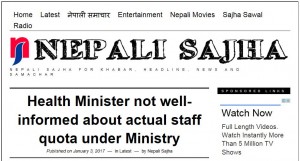 Yesterday’s health promotion dissemination meeting in Kathmandu has been widely reported in the national media in Nepal. Some of the national media focused largely (but not solely) on the words of the Minister of Health Mr Thapa, whilst the television news reports included the organisers and presenters at the event. The Green Tara Nepal Health Promotion Dissemination conference in Kathmandu was supported by the Centre for Midwifery, Maternal & Perinatal Health at BU and Liverpool John Moores University (LJMU) and Green Tara Trust UK (a Buddhist charity based in London). BU has been working with Green Tara Nepal for the past eight years on a number of maternal health promotion projects in rural Nepal.
Yesterday’s health promotion dissemination meeting in Kathmandu has been widely reported in the national media in Nepal. Some of the national media focused largely (but not solely) on the words of the Minister of Health Mr Thapa, whilst the television news reports included the organisers and presenters at the event. The Green Tara Nepal Health Promotion Dissemination conference in Kathmandu was supported by the Centre for Midwifery, Maternal & Perinatal Health at BU and Liverpool John Moores University (LJMU) and Green Tara Trust UK (a Buddhist charity based in London). BU has been working with Green Tara Nepal for the past eight years on a number of maternal health promotion projects in rural Nepal. 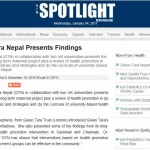 Overall the media in Nepal had difficulty understanding the notion of ‘health promotion’, therefore many journalists focused on health services as this was mentioned by the Minister of Health.
Overall the media in Nepal had difficulty understanding the notion of ‘health promotion’, therefore many journalists focused on health services as this was mentioned by the Minister of Health.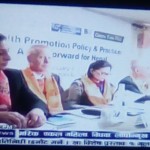
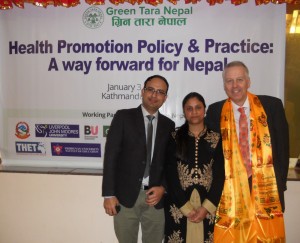
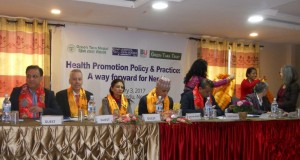
 I have recently joined the Research and Knowledge Exchange Office (RKEO) as the Research Facilitator for the Faculty of Health and Social Sciences (FHSS) and the Faculty of Science and Technology (FST), covering Jenny Roddis’ maternity leave.
I have recently joined the Research and Knowledge Exchange Office (RKEO) as the Research Facilitator for the Faculty of Health and Social Sciences (FHSS) and the Faculty of Science and Technology (FST), covering Jenny Roddis’ maternity leave.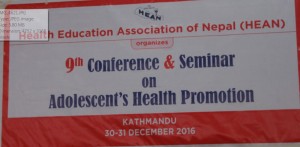 Yesterday Prof. Edwin van Teijlingen from BU’s Centre for Midwifery, Maternal & Perinatal Health (CMMPH) spoke at the 9th Conference and Seminar on Adolescent’s Health Promotion in Kathmandu. This event was organised by the Health Education Association of Nepal (HEAN). The first keynote speech ‘Adolescent’s Health Promotion: Global Perspectives‘ was presented by BU Visiting Faculty Prof. Padam Simkhada (based at Liverpool John Moores University) on behalf of his BU co-authors Dr. Pramod Regmi and Prof. Edwin van Teijlingen. The second keynote speech ‘Global Health Promotion Approach‘ was presented jointly by Prof. van Teijlingen and Green Tara Nepal country director Mr. Ram Chandra Silwal on behalf of their collaborators Prof. Simkhada and Green Tara Trust, UK (Dr. Jane Stephens and Ms. Colette Fanning).
Yesterday Prof. Edwin van Teijlingen from BU’s Centre for Midwifery, Maternal & Perinatal Health (CMMPH) spoke at the 9th Conference and Seminar on Adolescent’s Health Promotion in Kathmandu. This event was organised by the Health Education Association of Nepal (HEAN). The first keynote speech ‘Adolescent’s Health Promotion: Global Perspectives‘ was presented by BU Visiting Faculty Prof. Padam Simkhada (based at Liverpool John Moores University) on behalf of his BU co-authors Dr. Pramod Regmi and Prof. Edwin van Teijlingen. The second keynote speech ‘Global Health Promotion Approach‘ was presented jointly by Prof. van Teijlingen and Green Tara Nepal country director Mr. Ram Chandra Silwal on behalf of their collaborators Prof. Simkhada and Green Tara Trust, UK (Dr. Jane Stephens and Ms. Colette Fanning).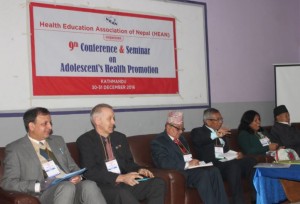

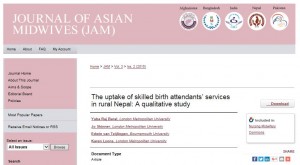

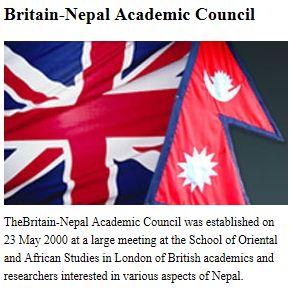
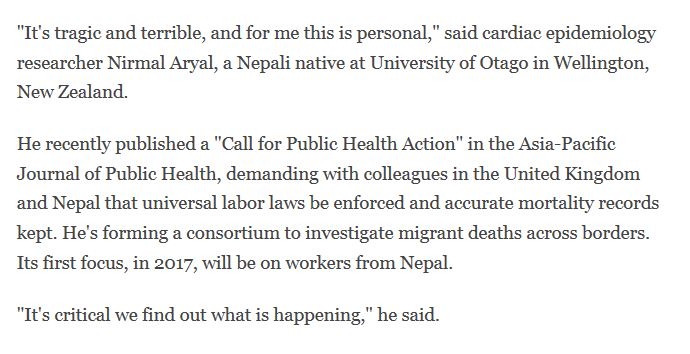
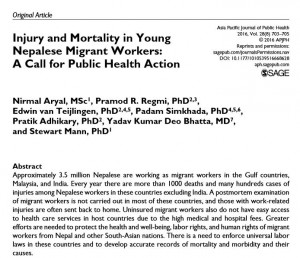

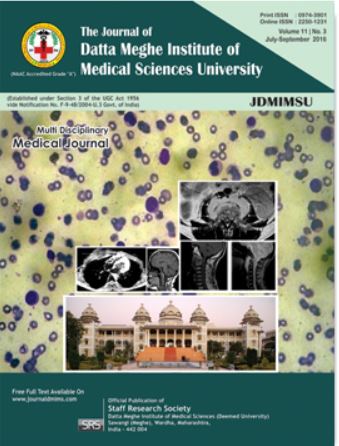
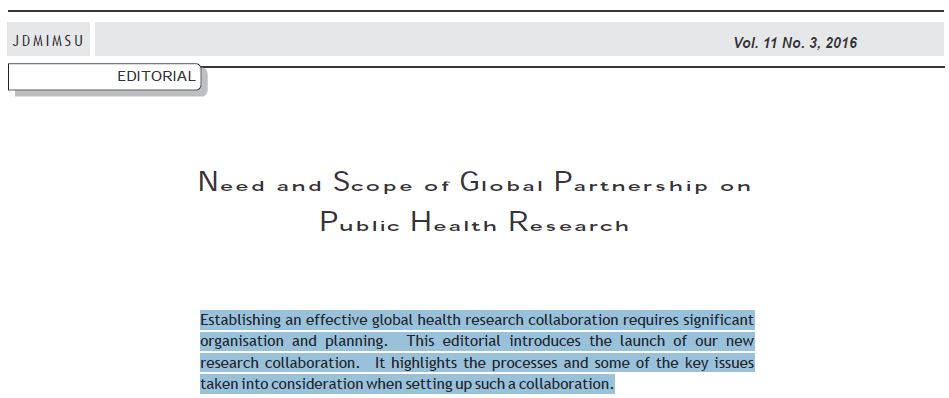
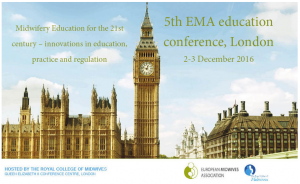
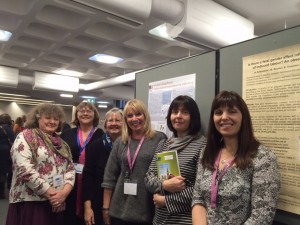
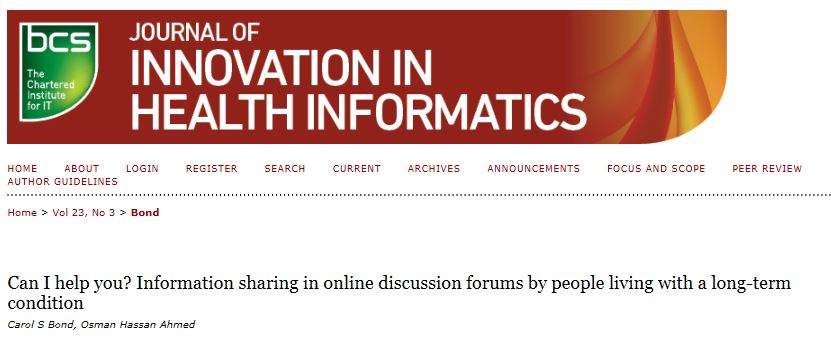

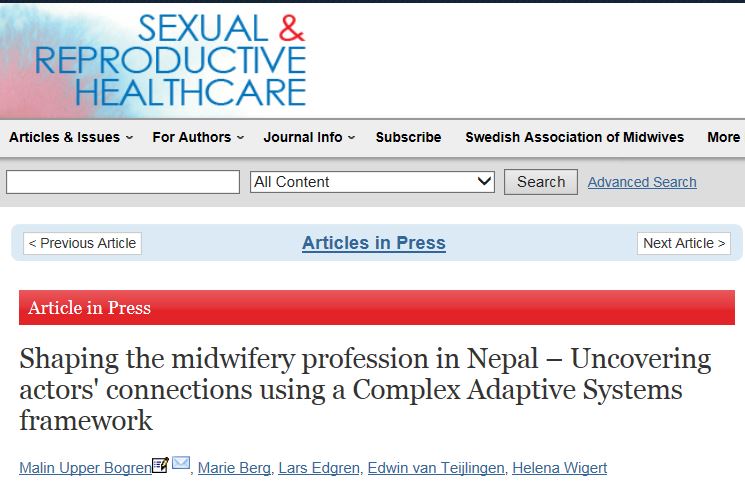
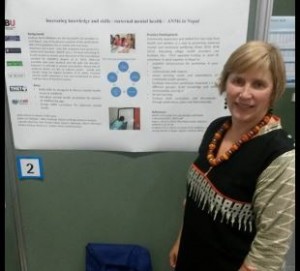
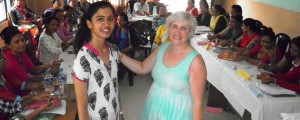















 Seeing the fruits of your labour in Bangladesh
Seeing the fruits of your labour in Bangladesh Exploring Embodied Research: Body Map Storytelling Workshop & Research Seminar
Exploring Embodied Research: Body Map Storytelling Workshop & Research Seminar Marking a Milestone: The Swash Channel Wreck Book Launch
Marking a Milestone: The Swash Channel Wreck Book Launch No access to BRIAN 5-6th February
No access to BRIAN 5-6th February ECR Funding Open Call: Research Culture & Community Grant – Application Deadline Friday 12 December
ECR Funding Open Call: Research Culture & Community Grant – Application Deadline Friday 12 December MSCA Postdoctoral Fellowships 2025 Call
MSCA Postdoctoral Fellowships 2025 Call ERC Advanced Grant 2025 Webinar
ERC Advanced Grant 2025 Webinar Update on UKRO services
Update on UKRO services European research project exploring use of ‘virtual twins’ to better manage metabolic associated fatty liver disease
European research project exploring use of ‘virtual twins’ to better manage metabolic associated fatty liver disease